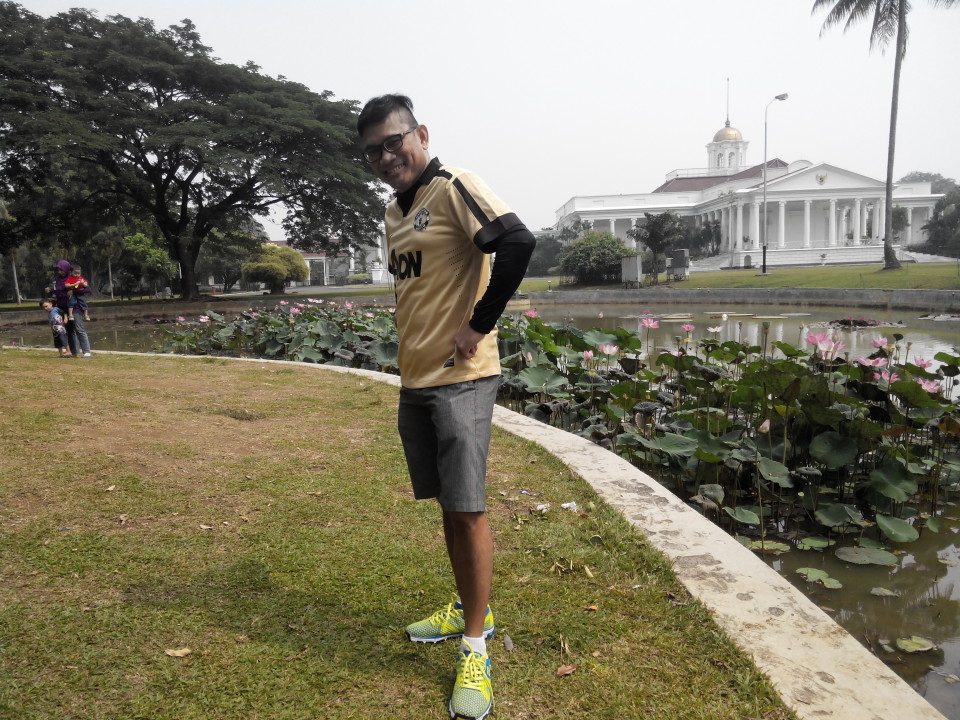Young Travelers
Generation Y is the latest generation on the tourist market with an age range of 11 to 37 years. Many members of Generation Y are already traveling and some will be starting to travel in the near future. Generation Y members, in comparison to the previous generations, Generation X, Baby Boomers and the Silent Generation, are said to be “confident and relaxed, conservative and the most educated generation ever” (Pendergast, 2010, p. 5)
Coleman and Loda (2010) note that generation Y members are said to leave home later and have more disposable income for shopping and travel. Generation Y members have great tolerance for diversity and for different cultural styles, because of a mix match culture created by globalization, Internet and media (Moscardo&Benckendorff, 2010).
The report’s findings show that Youth Travel is an economically important and growing industry, and that travel for young people is an opportunity to increase their knowledge by studying and exploring, and that it also gives them better understanding of social issues like poverty, which helps them to become more responsible travelers and reinforce their positive values (UNWTO, 2008).
Travel motivation theories come from different fields of social sciences and they help to understand the reasons why people travel in order to define their consumer behavior (Fletcher et al.,2013). In the case of Generation Y it is important to study their travel behavior in the light of motivation theories as it might differ from the behavior of the previous generations’ (Fletcher et al., 2013).
According to Suvantola (2002, p. 85),“backpacking is about personal development”, and that this type of travel gives a feeling of control and freedom.
Adler (1985) says that youth travel offers an opportunity for adventure and education. When backpacking, it is not always clear what the destination is.
Suvantola (2002) says that it is common among traveling young people that they prefer themselves to be called travelers rather than tourists, as tourists are often connected with negative association of mass tourism.
The respondents’ motivation to explore new places is corresponding to Glover’s (2010, p. 160) description of Generation Y characteristics, as Glover says that Generation Y has the “curiosity for new and unique destinations”.
 Binus University Students in their Sunda Kelapa harbor visit, 2015
Binus University Students in their Sunda Kelapa harbor visit, 2015
The above picture shows how young people really enjoy their visit to the harbor, visiting in-familiar attraction become a new experience to them, fulfill their curiosity and adventure thirst.
Traveling has become so attractive to make them doing positive activities, rather than just staring at their gadget.

